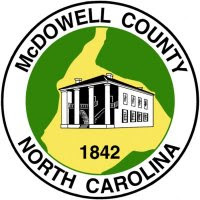skip to main |
skip to sidebar
Non-insured Crop Disaster Assistance Program (NAP)
United States Department of Agriculture Farm Service Agency (USDA-FSA) administers the Non-insured Crop Disaster Assistance Program (NAP). The NAP is a program that provides some insurance to producers of non-insurable crops like fish when low yields, loss of inventory, or prevented plantings due to natural disasters.
Some eligible crops include:
- crops planted and grown for livestock consumption, including, but not limited to, grain and forage crops, including native forage;
- crops grown for fiber, such as cotton and flax (except for trees);
- crops grown under a controlled environment, such as mushrooms and floriculture;
- specialty crops, such as honey and maple sap;
- value loss crops, such as aquaculture, Christmas trees, ginseng, ornamental nursery and turfgrass sod;
- sea oats and sea grass; and
- seed crops where the propagation stock is produced for sale as seed stock for other eligible NAP crop production
The fee for the program is $100. The coverage runs from October 1, 2008 through September 30, 2009. The deadline to file for the program is September 1, 2008. Contact your local FSA office to find out more about the program. You can also learn more about the program from the FSA website.
FSA NAP Factsheet

No comments:
Post a Comment